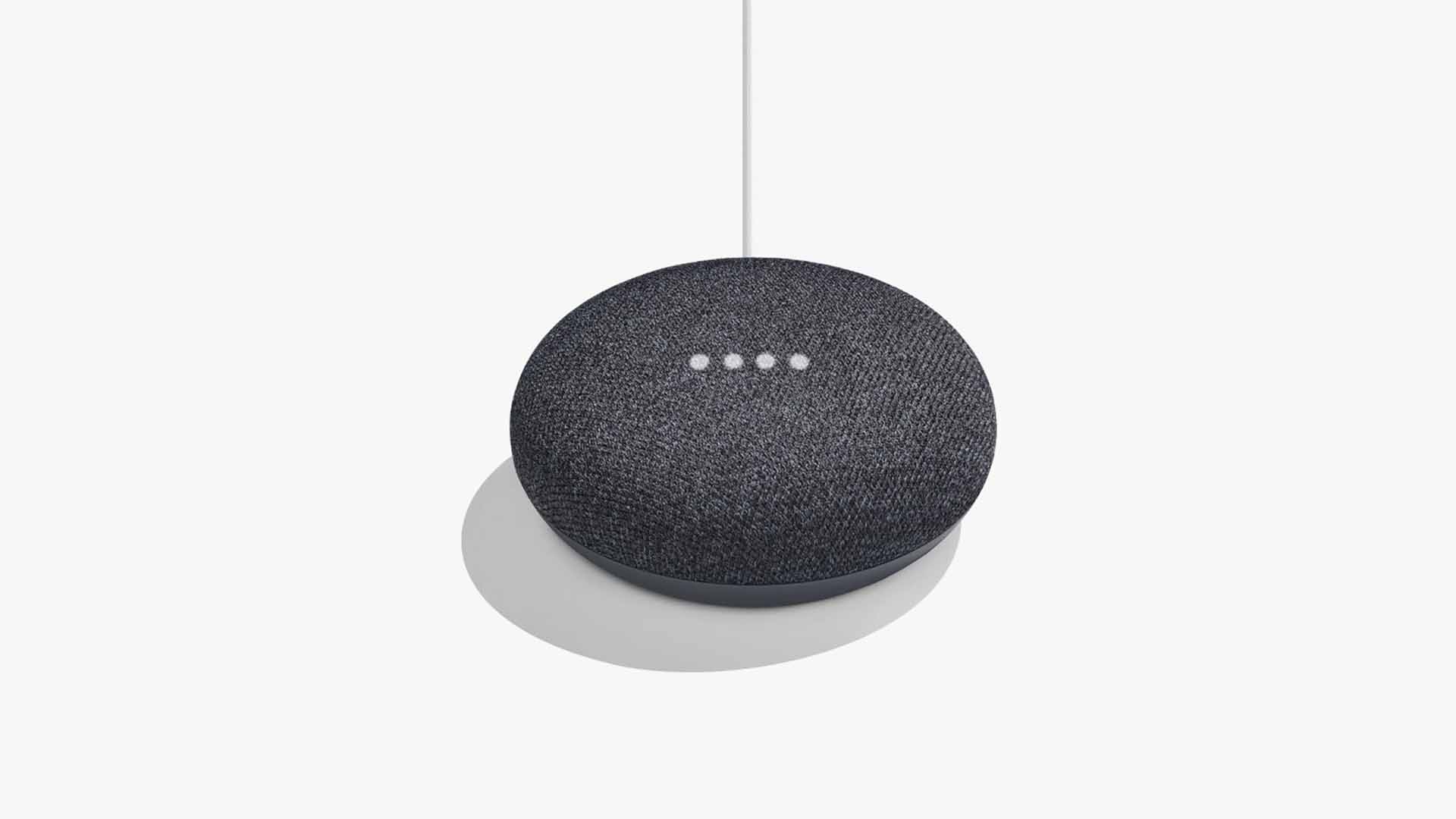While Apple’s Siri has long been the most famous name in voice search, Google has fast established itself as the leading digital assistant. This could have far-reaching implications for search engine marketing NZ wide.
A recent study by Loup Ventures proved that Google Assistant could accurately answer more voice search queries than either Apple’s Siri or Amazon’s Alexa. This information arrives as more and more people around the world turn to voice search for basic queries.
So what does Loup Ventures’ new study mean for the future of voice search? Continue reading to learn more.
You’ve got questions, Google has answers
The Loup Ventures study asked 800 questions to each of the three leading digital assistants, tracking how many of those questions were understood and accurately answered.
Google Assistant was the only digital assistant to understand a full 100% of the questions asked, though both Alexa and Siri understood a close 99.8%.
The accuracy of the responses, however, was where daylight emerged between the three digital assistants. Google Assistant answered 92.9% of questions correctly, compared to Siri at 83.1% and Alexa at 79.8%.
The study split these queries into five different categories:
- Command
- Commerce
- Information
- Local
- Navigation
This is not the first year that Google has come in tops in Loup Ventures’ digital assistant study, having triumphed now three years running. The most rapid improvement has occurred in the commerce category, where commands like, “Order me a Pink Floyd t-shirt,” have become more common thanks to home assistants. Google Assistant understood less than 40% of these commands just two years ago. Today, it understands over 90%.
Google came in first in four of the five query categories. Thanks to mobile device functions, Siri performed better with command queries.
Why do these digital assistant studies matter?
Digital assistants have very rapidly become one of the most prominent forms of online search in the world. Over 110 million people will have used voice search at least once a month in 2019, and that figure is projected to rise as we head into the third decade of the century.
As voice search expands its capabilities, the pressure to deliver accurate results will only intensify. Much the way Google buried Apple Maps, Google Assistant is developing a reputation as a more accurate and reliable voice search option than Siri. Amazon, meanwhile, will hope to close this gap as the American online retail juggernaut continues to expand into the international market, including here in New Zealand.
Optimising for voice search
Voice searches are more likely than typed queries to be localised. Ensure that your business has a GMB (Google My Business) listing to ensure that you appear in local searches.
Additionally, voice searches more frequently use long-tail keywords. Be sure to optimise for these, generating engaging content to satisfy more search queries.
Finally, make sure that your site has a rapid load speed. Voice search must be able to find what it’s looking forward quickly.
Have you optimised for our digital assistant future?
The reach of digital assistants continues to expand. As it does, optimising your website for voice search capabilities will be even more important. The digital agency Auckland wide, Pure SEO specialises in optimising for every search trend current and future. Make sure your website can be found no matter how your customers search. Contact Pure SEO today to learn more!

